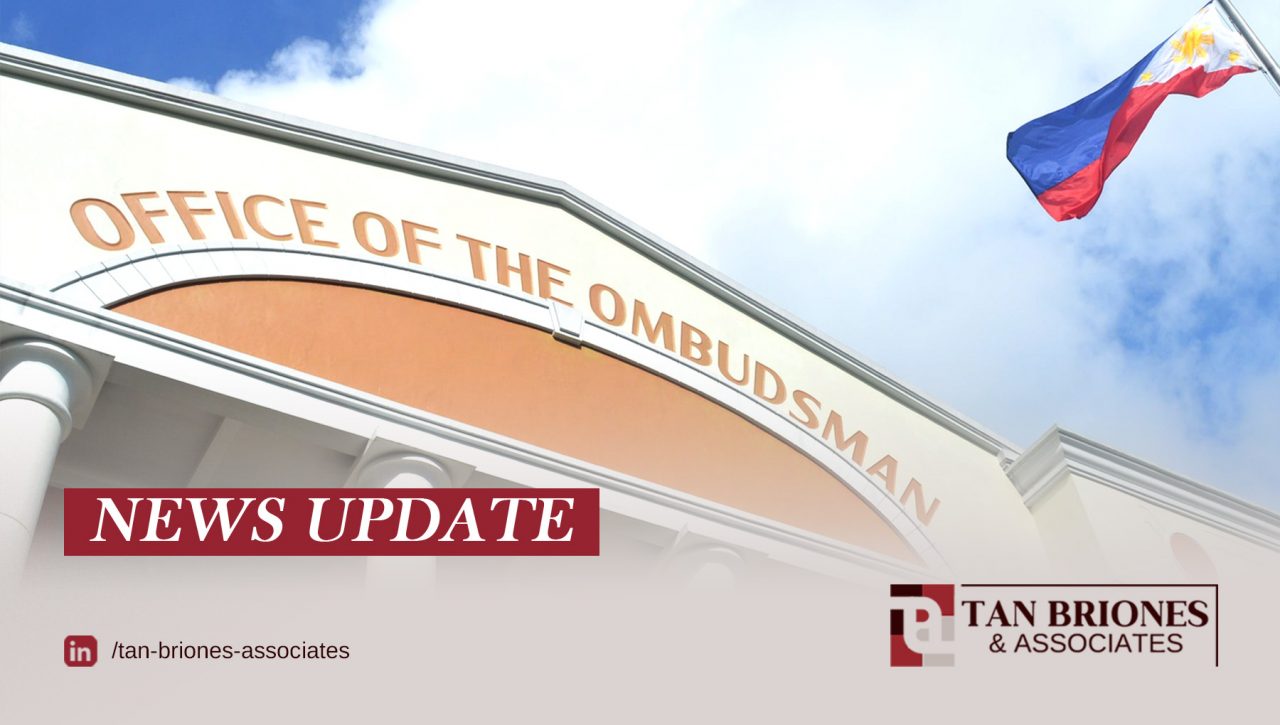
The Office of the Ombudsman has reopened public access to the Statements of Assets, Liabilities, and Net Worth (SALNs) of public officials, reaffirming the public’s constitutional right to scrutinize the wealth declarations of those in government.
Aiming to deter corruption and promote transparency, newly appointed Ombudsman Jesus Crispin “Boying” Remulla issued Memorandum Circular No. 3, Series of 2025, updating the guidelines on how citizens, media, and institutions may access SALNs filed with the Office’s central, area, and sectoral offices.
The policy issued on October 14, 2025, which takes effect 15 days after its publication in the Official Gazette or a newspaper of general circulation, marks the formal restoration of public access following restrictions imposed by the former Ombudsman beginning in 2017.
The Ombudsman said the move was guided by a “simple principle: the public has a legitimate right to know how those in government acquire and manage their wealth,” emphasizing that “transparency in this area is not a slogan—it is a safeguard against corruption and a deterrent to abuse of power.”
Balancing Right to Access and Privacy
The 2025 circular reiterates the constitutional duty of public officials to declare their assets, liabilities, and net worth while ensuring safeguards to protect personal data under the Data Privacy Act of 2012.
It affirms that SALNs shall be “accessible and made available to the public for inspection and reproduction during reasonable hours of working days,” subject to reasonable limitations and procedural safeguards to prevent misuse and protect privacy.
Requests for SALNs must be filed through the Public Assistance and Corruption Prevention Office (PACPO) or its regional Public Assistance and Corruption Prevention Bureaus (PACPBs), accompanied by a sworn request form, valid identification, and a clear statement of purpose.
The circular prohibits access for “unauthorized commercial purposes,” fictitious identities, or requests linked to harassment or pending cases.
Redacted SALN copies will be issued to protect sensitive details such as home addresses, minors’ information, signatures, and government IDs, with each copy bearing a visible watermark, control number, and disclaimer.
Key Provisions and Penalties
The circular directs government offices to submit complete SALN collections to the Ombudsman by May 31 of every year, with no grace period except in cases of force majeure.
It also requires that all existing SALN records be digitally stored, recognizing their relevance for up to 20 years pursuant to the Anti-Graft and Corrupt Practices Act (RA 3019) as amended by RA 10910.
Any person found creating or disseminating a fraudulent SALN, or publishing genuine ones with false context, faces criminal and civil liabilities under existing laws.
The circular likewise establishes mechanisms for lifestyle checks, allowing citizens to file complaints supported by evidence of disproportionate wealth, as well as a verification service for authenticating SALN documents.
The Ombudsman may also issue public advisories to confirm or debunk circulating SALN copies to combat disinformation.
Upholding the Public’s Right to Know
Through the new policy, the Ombudsman reaffirmed its dual mandate of ensuring transparency while protecting institutional integrity.
The guidelines, it said, seek to “reasonably balance the public’s right to information with the individual’s right to privacy and the imperative to protect the integrity of its functions.”
At a time when public trust in government remains fragile, the Office underscored that openness and accountability remain central to restoring faith in public institutions.
The Ombudsman also urged other agencies that maintain official SALN records—including the Civil Service Commission, the Office of the President, Congress, the Judiciary, and local government units—to align their policies with the renewed transparency standard.
“Consistency across institutions is key; selective transparency only breeds suspicion,” the statement read.
“This step is not about politics—it is about accountability. The public deserves proof, not promises, that integrity still has a place in public service,” it added.
Follow Tan Briones & Associates on LinkedIn for more legal updates and law-related articles.







